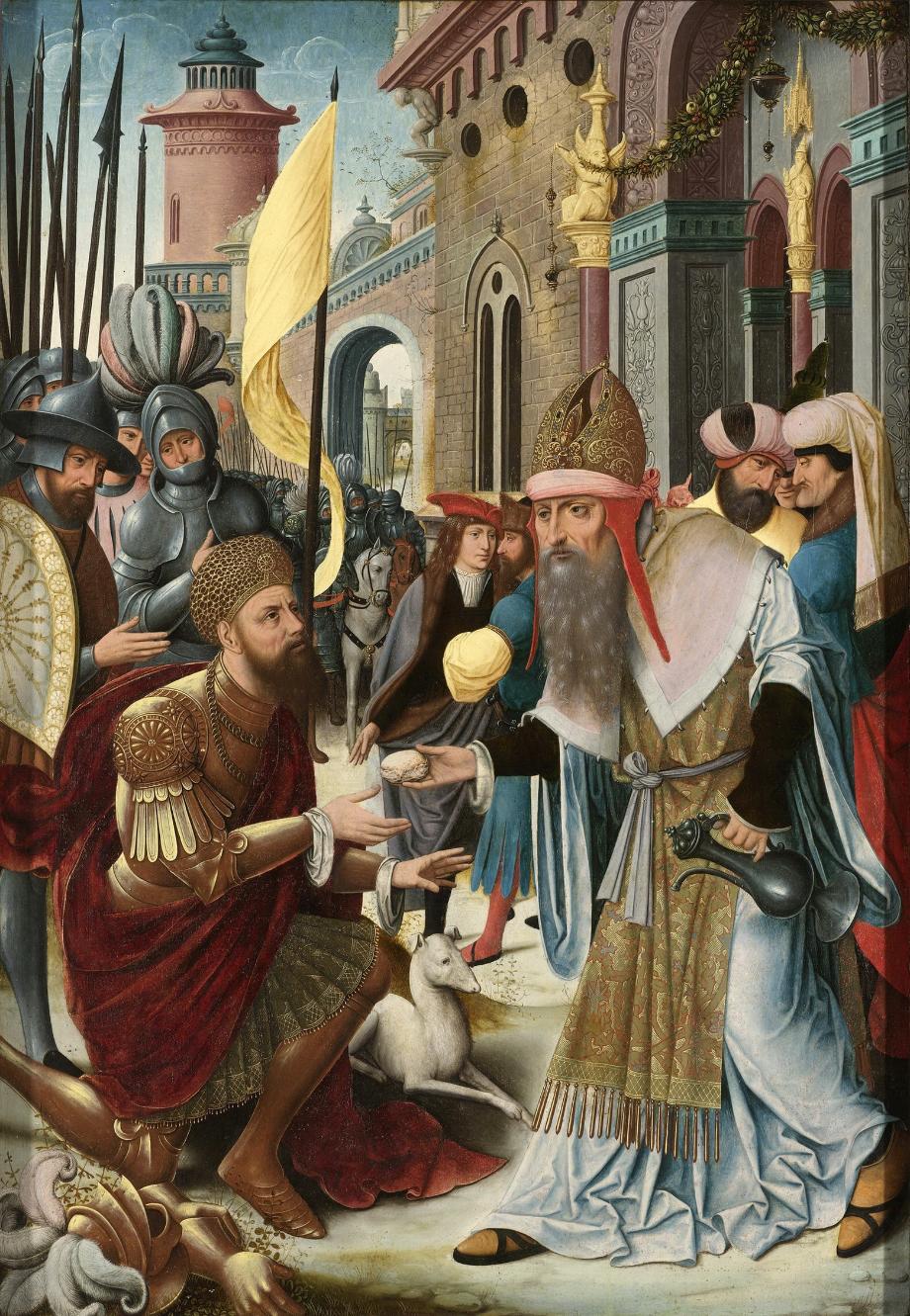
Rebuke
Abraham did not shut away his influence from his neighbors. His life and character, in contrast to the worshipers of idols, exerted a telling influence in favor of the true faith. His allegiance to God was unswerving, while his affability and benevolence inspired confidence and friendship.
While Christ is dwelling in the heart, it is impossible to conceal the light of His presence. It will grow brighter as the mists of selfishness and sin that envelop the soul are dispelled by the Sun of Righteousness.
The people of God are lights in the moral darkness of this world. Scattered in towns, cities, and villages, they are God’s channels through which He will communicate to an unbelieving world the knowledge and wonders of His grace. It is His plan that all who are partakers of salvation shall be lights that shine forth in the character, revealing the contrast with the darkness of the selfishness of the natural heart.
Abraham was wise in diplomacy, and brave and skillful in war. Three royal brothers, rulers of the Amorite plains in which he dwelt, manifested friendship by inviting him to enter an alliance with them for greater security, for the country was filled with violence and oppression. An occasion soon arose for him to avail himself of this alliance.
Lot Rescued by Abraham
Chedorlaomer, king of Elam, had invaded Canaan years before and made it tributary to him. Several of the princes now revolted, and the Elamite king again marched into the country to reduce them to submission. Five kings of Canaan met the invaders, only to be completely overthrown. The victors plundered the cities of the plain and departed with rich spoil and many captives, among whom were Lot and his family.
Abraham learned from one of the fugitives the story of the calamity that had befallen his nephew. All his affection for him was awakened, and he determined that he should be rescued. Seeking divine counsel, Abraham prepared for war. From his own encampment he summoned three hundred eighteen trained servants, men trained in the fear of God, in the service of their master, and in the practice of arms. His confederates, Mamre, Eshcol, and Aner, joined him, and together they started in pursuit of the invaders. The Elamites had encamped at Dan, on the northern border of Canaan. Flushed with victory, they had given themselves up to reveling. The patriarch came upon the encampment by night. His attack, so vigorous and unexpected, resulted in speedy victory. The king of Elam was slain and his panic-stricken forces routed. Lot and his family, with all the prisoners and goods, were recovered, and a rich booty fell into the hands of the victors.
Abraham had not only rendered a great service to the country but had proved himself a man of valor. It was seen that Abraham’s religion made him courageous in maintaining the right and defending the oppressed. On his return the king of Sodom came out to honor the conqueror, begging only that the prisoners be restored. The spoils belonged to the conquerors; but Abraham refused to take advantage of the unfortunate, only stipulating that his confederates receive the portion to which they were entitled.
Few, if subjected to such a test, would have resisted the temptation to secure so rich a booty. His example is a rebuke to self-seeking. “I have lifted up my hand,” he said, “unto the Lord, the most high God, the possessor of heaven and earth, that I will not take from a thread even to a shoe latchet, and that I will not take anything that is thine, lest thou shouldest say, I have made Abram rich.” God had promised to bless Abraham, and to Him the glory should be ascribed.
Another who came out to welcome the victorious patriarch was Melchizedek, king of Salem. As “priest of the most high God,” he pronounced a blessing upon Abraham and gave thanks to the Lord, who had wrought deliverance by His servant. And Abraham “gave him tithes of all.”
EP 80-82